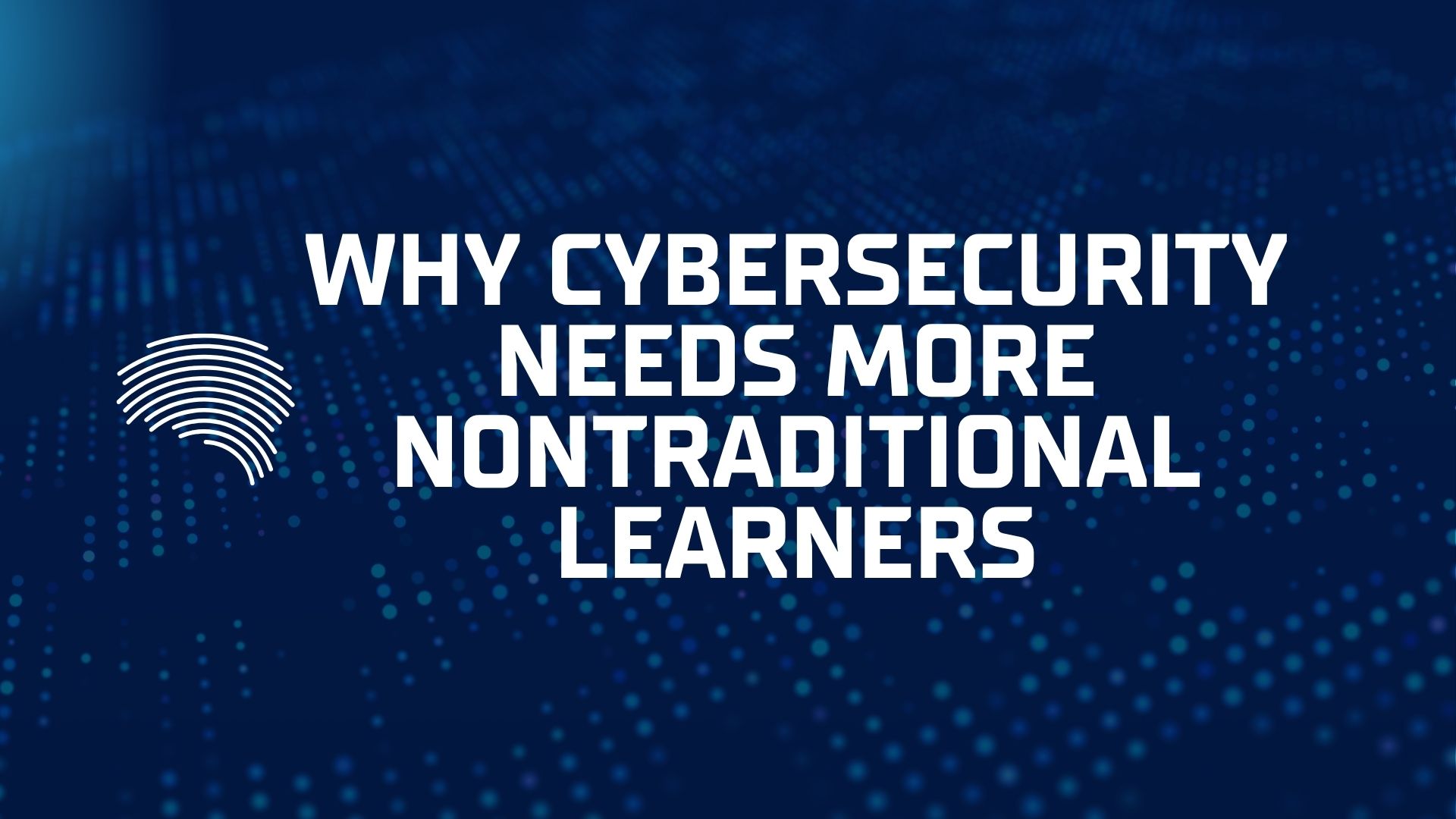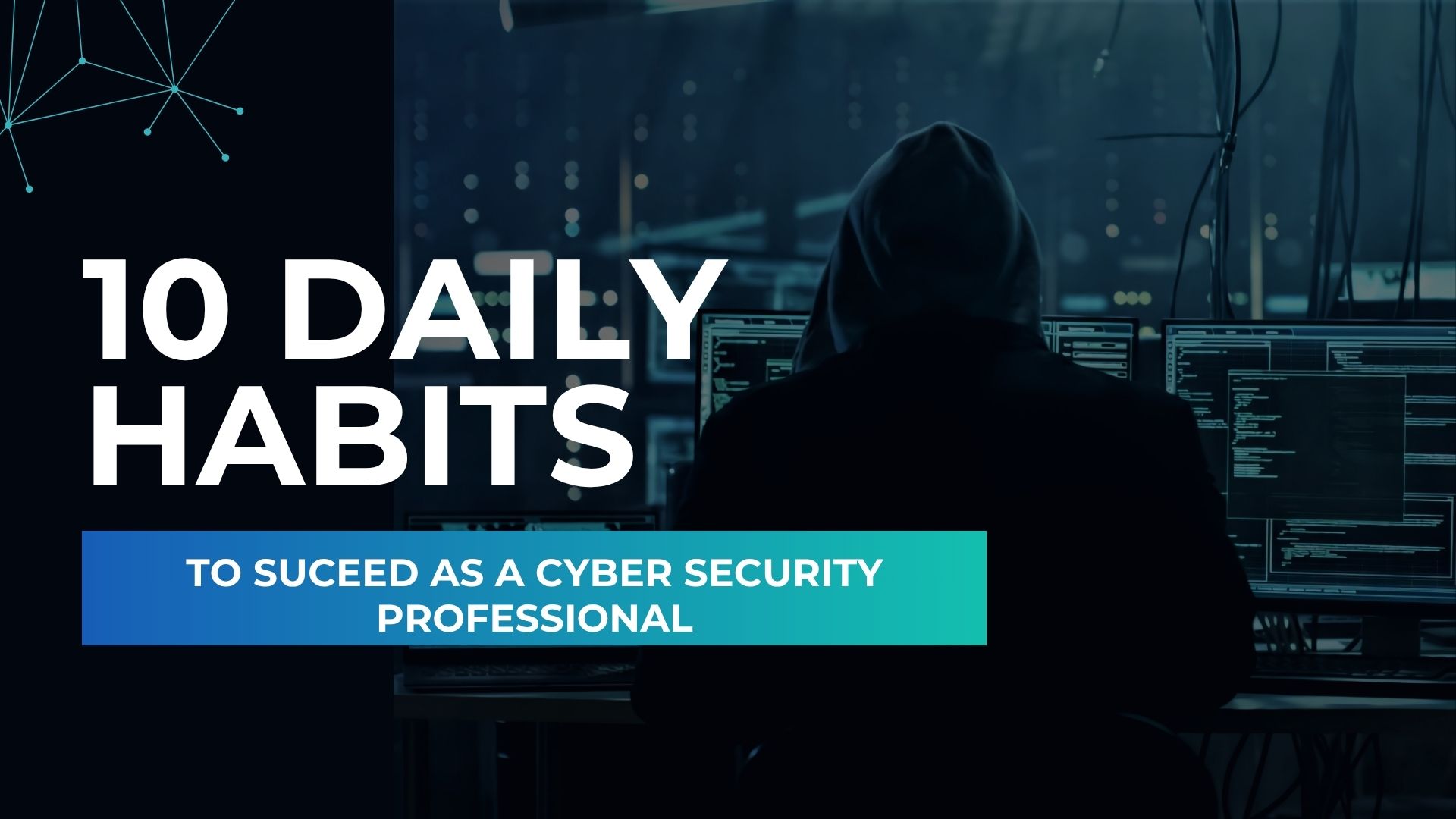The Rise of AI in Cybersecurity and How to Adapt for a Future Career
Artificial Intelligence (AI) is reshaping the cybersecurity landscape. As technology advances, the demand for smarter, faster, and more adaptive defense mechanisms continues to grow. AI is now at the forefront of that evolution, enhancing both the tools cybersecurity professionals use and the threats they face.
For students and early-career professionals in cybersecurity, understanding the role of AI is no longer optional. It is an essential part of being competitive and effective in the field.
How AI Is Transforming Cybersecurity
AI technologies are being integrated into every major area of cybersecurity. From enhancing threat detection to automating incident response, AI enables organizations to handle large volumes of data quickly and respond to threats in real time.
Some of the key applications of AI in cybersecurity include:
• Threat detection through behavioral analysis and anomaly identification
• Automated phishing and malware detection
• Enhanced response through Security Orchestration, Automation, and Response (SOAR) systems
• Data correlation across complex environments
• Prioritization of vulnerabilities based on AI-generated risk scores
At the same time, cybercriminals are leveraging AI to automate attacks, create convincing deepfakes, and launch large-scale social engineering campaigns.
What This Means for Aspiring Cybersecurity Professionals
As AI becomes more embedded in security operations, the skills required for cybersecurity careers are shifting. Entry-level professionals are increasingly expected to be familiar with AI-driven platforms and automation tools. While traditional skills like networking, scripting, and threat analysis remain critical, understanding how AI assists in these areas is becoming a key differentiator.
Roles such as SOC analyst, threat hunter, and vulnerability analyst are already seeing this shift. Professionals in these positions work alongside AI-enhanced tools to interpret alerts, investigate incidents, and make risk-based decisions. The ability to understand and evaluate the outputs of AI models is becoming as important as hands-on technical skills.
Essential Skills for the AI-Driven Cybersecurity Landscape
-
Understanding Machine Learning Basics
A strong grasp of machine learning concepts such as supervised and unsupervised learning, model training, and data bias is valuable. Even a basic understanding helps professionals make sense of AI-powered tools and their limitations. -
Familiarity with AI-Enhanced Security Tools
Experience with tools like Microsoft Sentinel, IBM QRadar, Splunk, and CrowdStrike is essential. These platforms increasingly rely on AI to detect threats, prioritize incidents, and guide responses. -
Scripting and Automation
Languages like Python and PowerShell remain important. Automation scripts are often used to integrate AI platforms, extract data, and streamline security workflows. -
Awareness of AI-Based Threats
Professionals must also study how attackers use AI. This includes understanding deepfake technology, AI-generated phishing content, and prompt injection attacks in large language models.
Practical Steps for Students and Beginners
To stay competitive in this changing landscape, students and early professionals can take the following steps:
• Complete online courses focused on AI and machine learning
• Build small projects that integrate AI and cybersecurity concepts
• Learn to use AI-powered security tools through free or student-access platforms
• Participate in Capture the Flag (CTF) competitions that feature AI-related challenges
• Stay informed on developments in AI ethics and governance
Looking Ahead
AI will not replace cybersecurity jobs, but it will redefine them. As the industry evolves, professionals who can collaborate effectively with AI systems, interpret machine-generated insights, and apply critical thinking will be in high demand.
Adapting to this shift requires a mindset of continuous learning, curiosity, and openness to new tools. For those entering the field, embracing AI is not just a smart move—it is a necessary one for long-term success.
Cybersecurity will always need people who can see the bigger picture, ask the right questions, and make informed decisions. In an AI-driven future, those human skills remain irreplaceable.





